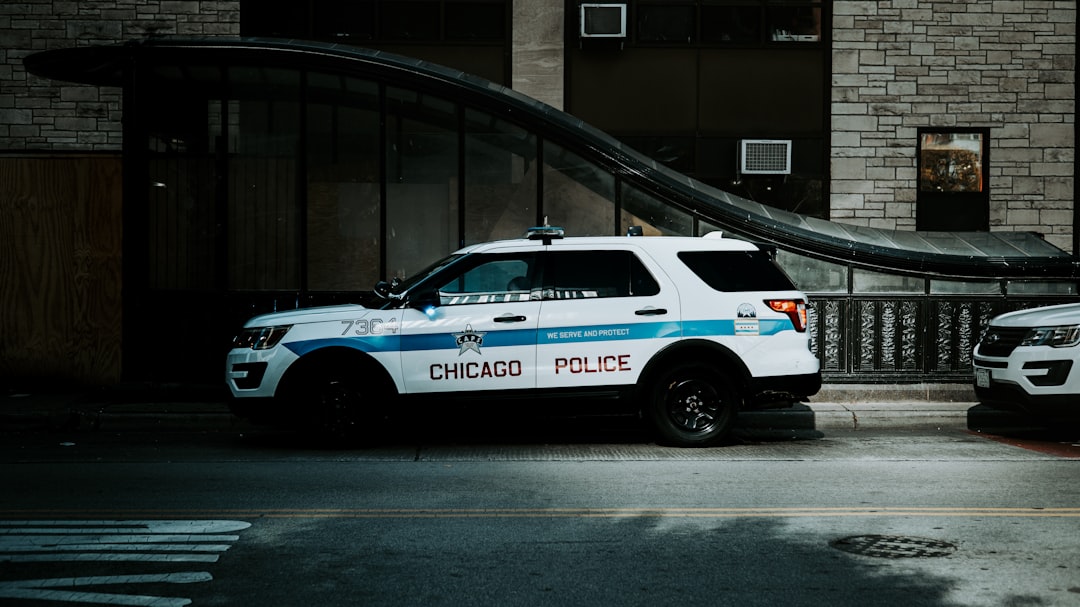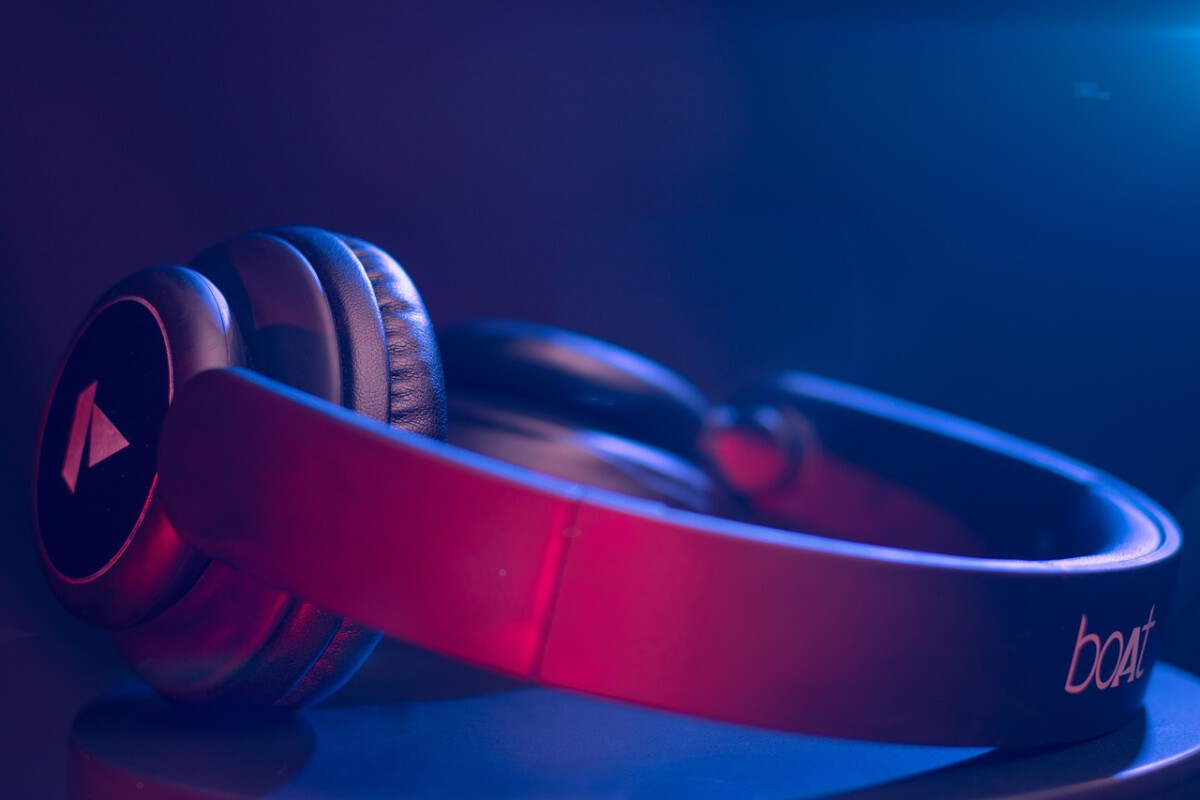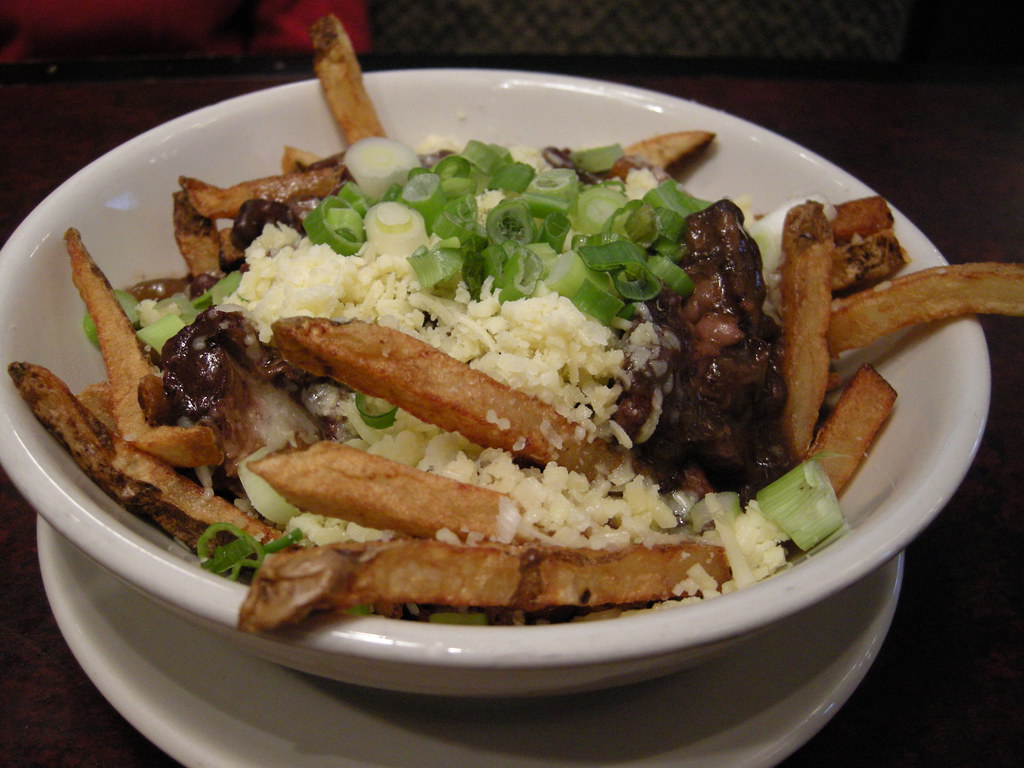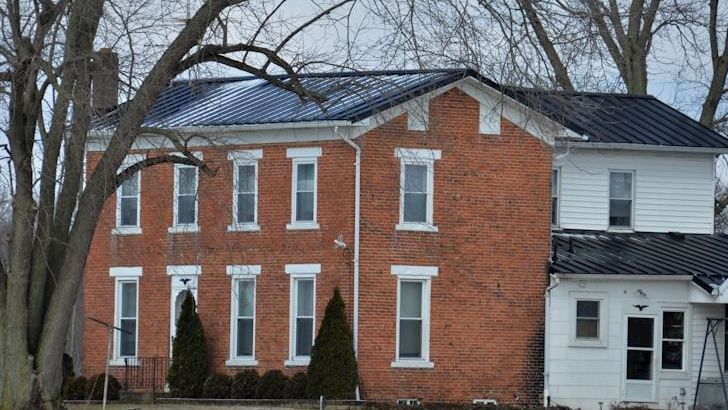You’ve Been Pulled Over: The Initial Stop and Why It Matters (Image Credits: Unsplash)
Chicago – Under the glow of streetlights on a rainy evening, that routine drive home can turn into a nightmare with one wrong turn spotted by a patrol car.
You’ve Been Pulled Over: The Initial Stop and Why It Matters
Picture this: you’re cruising down Lake Shore Drive when blue lights flash in your rearview. In Chicago, police look for signs like swerving or speeding to justify a stop. What starts as a simple traffic check can escalate quickly if they suspect alcohol involvement.
Officers often ask probing questions or suggest field sobriety tests right there on the roadside. Refusing might seem smart, but it can lead to immediate arrest under Illinois law. The key here is staying calm and polite – anything you say or do gets documented for later use.
This moment sets the tone for your entire case. A skilled defense starts by scrutinizing whether the stop was lawful from the get-go.
The Arrest: What Goes Down at the Station
Once arrested, expect a trip to the local precinct for booking. In Cook County, this means fingerprinting, photos, and a breathalyzer if they haven’t already. It’s a whirlwind – hours can pass before you’re processed.
Illinois zero-tolerance rules mean even a hint of impairment can trigger charges. You’ll hear your rights read, but remember, you don’t have to answer questions beyond basics. Silence now can be your best ally.
Bonding out usually happens soon after, but the real pressure builds with the impending license suspension notice.
Facing the First Court Appearance: Don’t Go Alone
Your initial hearing might land within days, often at the Cook County Courthouse. Here, a judge sets bail and reviews the charges – misdemeanor for first-timers, but felonies lurk if aggravating factors like kids in the car apply.
This isn’t the time to plead or explain yourself. Without a lawyer, you’re navigating a system stacked against you. Public defenders handle volume, but a dedicated Chicago DUI attorney spots weaknesses early.
Expect discussions on evidence like dashcam footage. Delaying this step? It could cost your job or freedom.
Building Your Defense: Strategies That Work
Now the real work begins – gathering evidence to challenge the prosecution. Top defenses include questioning the sobriety tests’ validity or the officer’s training. In Chicago, breath machine errors happen more than you’d think.
Your lawyer might request discovery, pulling police reports and videos. Medical conditions mimicking intoxication? That’s gold for dismissal. Timing matters; act fast to suppress faulty evidence.
Negotiating pleas or diversions can reduce penalties, especially for clean records. It’s about turning a weak case against you into a win.
License Suspension Hearings: Save Your Driving Rights
Separate from criminal court, Illinois Secretary of State handles suspensions. You’ve got just 10 days post-arrest to request a hearing – miss it, and you’re off the road for months.
At this administrative review, focus on chemical test refusal or results over the limit. A lawyer argues procedural slips, like improper warnings. Wins here keep you mobile during the case.
Hardship permits exist for work or essentials, but they’re not automatic. Fight smart to avoid total shutdown.
Long-Term Fallout and How to Bounce Back
Beyond court, a conviction hits insurance rates – up 50% or more for years. Jobs, especially driving-related, take a dive too. In Chicago’s competitive scene, that’s a heavy blow.
Expungement options emerge post-sentence for first offenses, but only after compliance. Counseling or community service might lighten the load.
Rebuilding starts with learning from it. Many clients emerge stronger, wiser about the roads.
Key Takeaways
- Hire a local DUI expert immediately to review every detail.
- Request your license hearing within 10 days to stay mobile.
- Focus on evidence flaws – they often unravel the case.
In the end, a Chicago DUI doesn’t have to define you if you act decisively from the start. Knowledge arms you against the chaos. What’s your take on handling these situations? Share in the comments below.






